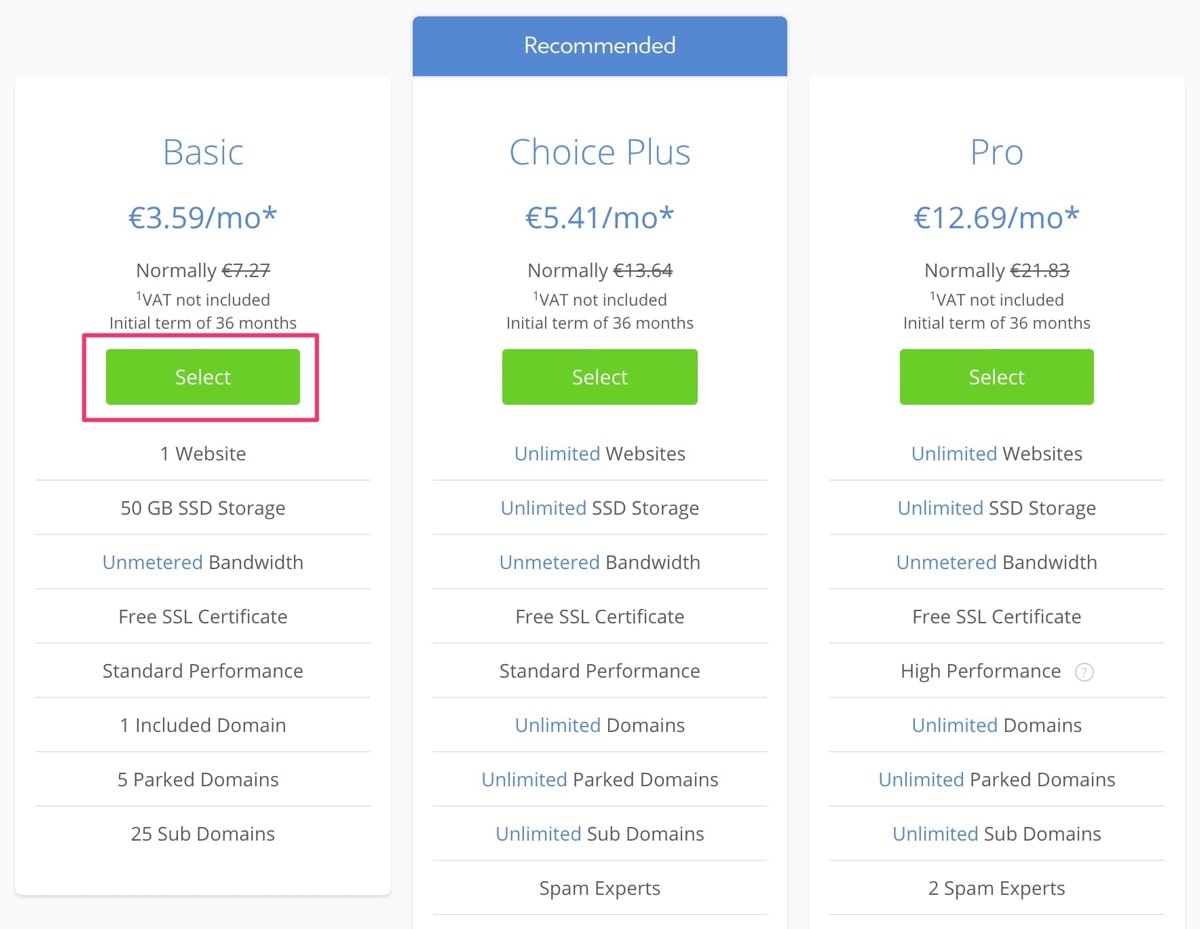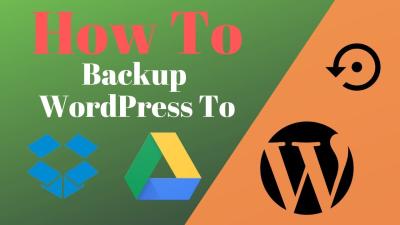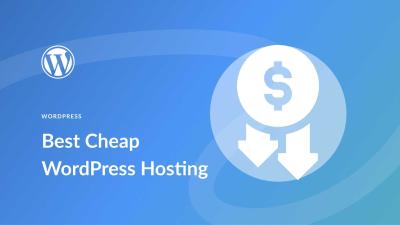Starting a website with WordPress is exciting, but choosing the right hosting plan can feel overwhelming. Your hosting environment directly impacts your site’s speed, security, and overall performance. Think of hosting as the foundation of your digital home—if it’s sturdy and reliable, everything else falls into place smoothly. Whether you’re launching a personal blog, a small business site, or a large e-commerce platform, picking the right WordPress hosting plan ensures your visitors have a seamless experience and that your site runs efficiently. Let’s explore why hosting matters so much and how to find the best fit for your needs.
Types of WordPress Hosting Plans Explained

When it comes to WordPress hosting, there are several options to consider, each suited for different needs and budgets. Here’s a breakdown of the main types:
- Shared Hosting: This is the most budget-friendly option. Your website shares server resources with other sites, which keeps costs low but can sometimes lead to slower performance if other sites on the server get traffic spikes.
- VPS Hosting (Virtual Private Server): A step up from shared hosting, VPS gives you a dedicated chunk of server resources. It offers better performance, more control, and scalability, making it ideal for growing websites.
- Managed WordPress Hosting: Tailored specifically for WordPress sites, this plan takes care of updates, security, backups, and performance optimization automatically. It’s perfect for those who want to focus on content and growth without worrying about technical details.
- Dedicated Hosting: You get an entire server dedicated solely to your website. This option offers maximum performance and control but comes at a higher cost. It’s best for large, high-traffic sites that need the best resources.
- Cloud Hosting: Your website is hosted across multiple servers, which provides excellent scalability and uptime. It’s flexible and can handle traffic surges well, making it a popular choice for businesses expecting growth or fluctuating traffic.
Choosing the right plan depends on your website’s size, expected traffic, technical expertise, and budget. Understanding these options helps you make an informed decision that supports your website’s growth now and in the future.
3. Factors to Consider When Selecting a WordPress Hosting Plan
Choosing the right hosting plan for your WordPress website can feel overwhelming, especially with so many options out there. But don’t worry—by focusing on a few key factors, you’ll be able to find a plan that fits your needs and helps your site thrive.
Performance and Speed are crucial. Google loves fast websites, and visitors tend to bounce if your site takes too long to load. Look for hosting providers that offer solid uptime guarantees (aim for at least 99.9%) and technologies like SSD storage, PHP 7+, and caching support. These features help ensure your site loads quickly and remains available.
Scalability is another important aspect. Will your hosting plan grow with your website? If you expect traffic to increase over time, choose a provider that offers easy upgrades or plans tailored for larger sites. This way, you won’t need to migrate later or face downtime as your audience grows.
Security cannot be overlooked. Your hosting plan should include features like SSL certificates, regular backups, malware scanning, and firewalls. Some hosts offer free SSL and automatic backups, which can save you a lot of headaches if anything goes wrong.
Customer Support is vital, especially if you’re not a tech whiz. Look for providers with 24/7 support via live chat, phone, or tickets. Reading reviews about their responsiveness can give you a good idea of how reliable their support team is.
Price and Value are always considerations. While cheaper plans might seem appealing, they may come with limitations like fewer resources or less support. Compare what’s included in different plans and weigh the cost against the features and performance you need.
Here’s a quick checklist to keep in mind:
- Uptime guarantee of at least 99.9%
- Fast loading speeds with caching and SSD storage
- Scalable plans for future growth
- Strong security features including SSL and backups
- Reliable 24/7 customer support
- Affordable pricing with transparent plans
By keeping these factors in mind, you’ll be well on your way to selecting a WordPress hosting plan that keeps your website running smoothly and gives your visitors a great experience.
4. Benefits of Proper WordPress Hosting for Your Website
Investing in the right WordPress hosting isn’t just about having a place to park your website—it can truly make a difference in your site’s success. Here’s why proper hosting matters:
1. Faster Load Times — When your hosting environment is optimized for WordPress, your site loads quicker. Faster websites improve user experience, reduce bounce rates, and even boost your search engine rankings. Nobody likes waiting, and a snappy site keeps visitors engaged.
2. Better Security — Good hosting providers implement security measures to protect your site from hacks, malware, and other threats. With features like SSL, firewalls, and automatic backups, your website stays safe and resilient against cyberattacks.
3. Improved Reliability and Uptime — Proper hosting ensures your website stays online and accessible. Reliable hosting minimizes downtime, which means your visitors can always find you. This consistency builds trust and credibility with your audience.
4. Easier Management and Maintenance — Many WordPress-specific hosting plans include user-friendly dashboards, one-click backups, staging environments, and automatic updates. These tools make managing your website much simpler, even if you’re not super tech-savvy.
5. Enhanced Performance for SEO — Search engines favor websites that load quickly and are secure. Proper hosting optimizes your site’s technical aspects, helping you rank higher in search results and attract more organic traffic.
6. Support for Growth and Scaling — As your website grows, your hosting needs might change. Good hosting providers offer scalable plans, so you can upgrade resources without the hassle of migrating to a new host. This flexibility is key to long-term success.
Think of proper WordPress hosting as laying a solid foundation for your website. It ensures everything runs smoothly, your visitors have a positive experience, and your site can grow without unnecessary hurdles. When you invest in quality hosting, you’re basically giving your website the best chance to succeed in the crowded online world.
5. Top Tips for Choosing the Right WordPress Hosting Plan
Alright, so you’re on the hunt for the perfect WordPress hosting plan? Great! Making the right choice can feel overwhelming with so many options out there, but don’t worry — I’ve got some top tips to help guide you through the process.
1. Understand Your Website’s Needs
First things first, get clear on what your website needs now and what it might need in the future. Are you just starting out with a small blog? Or are you building a robust e-commerce store? Your website’s complexity, expected traffic, and growth plans will influence the type of hosting you should pick.
2. Consider Performance and Speed
Speed matters — a lot! Slow-loading websites frustrate visitors and hurt your SEO. Look for plans that offer solid server resources, SSD storage, and good uptime guarantees. Don’t hesitate to check reviews or ask hosts about their performance metrics.
3. Check for WordPress-Specific Features
Some hosts offer features tailored for WordPress, like one-click installs, automatic updates, and staging environments. These can make managing your site more straightforward and save you a ton of time and headaches.
4. Evaluate Support Quality and Availability
What happens if something goes wrong? Make sure your hosting provider offers 24/7 support via multiple channels (chat, phone, ticket system). Test their support responsiveness if possible — quick and knowledgeable help can be a lifesaver.
5. Look at Pricing and Renewal Costs
Initial prices might look attractive, but always check renewal rates. Also, see if there are any hidden fees or charges for essential features. Sometimes, paying a bit more upfront can save money and frustration down the line.
6. Think About Scalability
Your website will grow — it’s just a matter of when. Choose a host that allows easy upgrades or plan migrations, so you won’t be stuck or forced to switch providers as your traffic increases.
7. Read the Fine Print
Before making your decision, read the hosting plans carefully. Pay attention to bandwidth limits, backup policies, security features, and refund or cancellation policies. Being informed means fewer surprises later!
6. Conclusion and Final Recommendations for Your WordPress Hosting Choice
Choosing the right WordPress hosting plan might seem daunting at first, but remember — it’s all about matching your website’s current needs with future growth potential. Think about performance, support, features, and cost — these are your key pillars.
If you’re just starting out or running a small blog, a shared hosting plan with WordPress-specific features could be perfect. It’s budget-friendly and easy to manage. On the other hand, if you’re running a business website or expect high traffic, investing in a managed hosting plan or VPS might be the better move for reliability and speed.
Ultimately, don’t rush your decision. Take the time to compare options, read reviews, and consider what features are non-negotiable for you. Remember, your website is your digital storefront — investing in good hosting is investing in your success.
Happy hosting, and here’s to building a fantastic website that grows with you!


